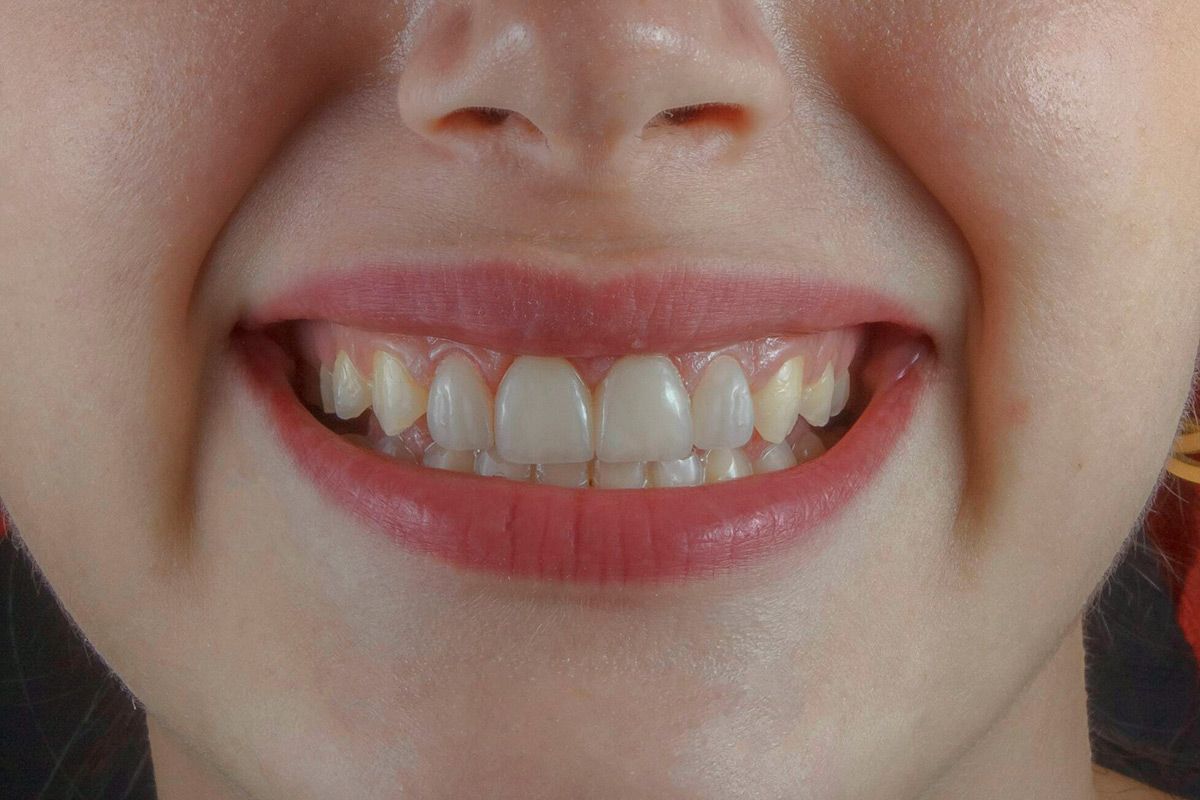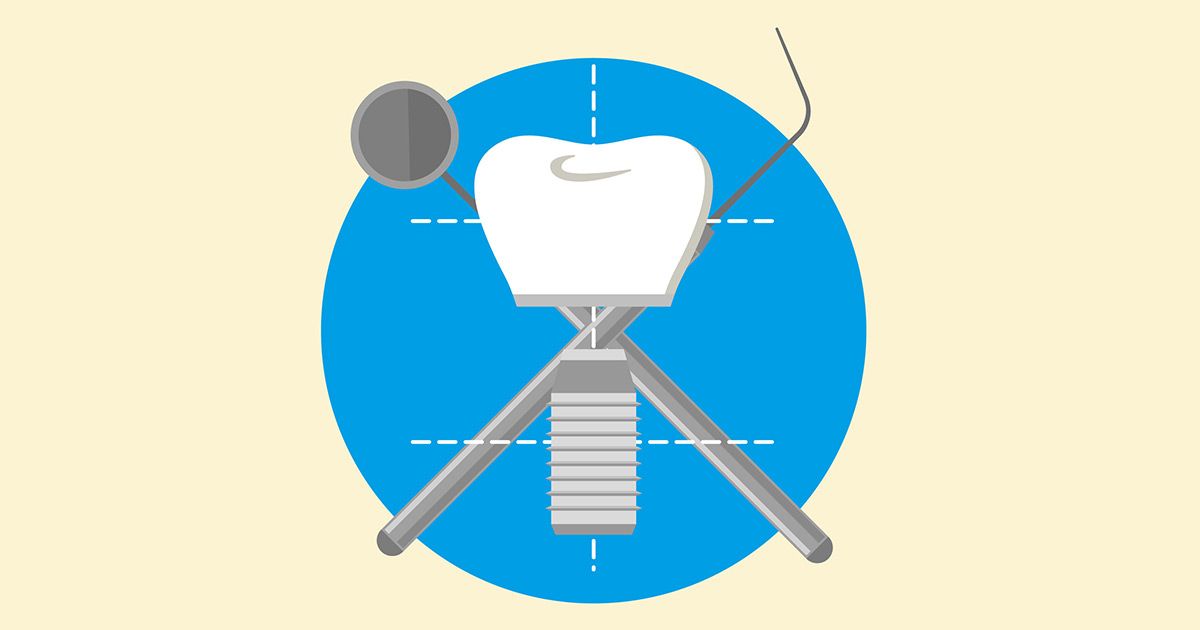Dental Implant Myths
Shawn Kimmel • September 10, 2019
Dental implants are becoming more of an option for many people who are looking to replace one or several lost teeth. Dental implants are much more long-lasting than bridges, partials or dentures. There may be pitfalls that keep them from making the best decision about their teeth.
Before getting any dental implants or even considering them, it’s always a good idea to sit down and do some research. Unfortunately, the Internet, as wonderful as it can be, can also produce a staggering amount of misinformation. Thus, it can be easy to fall into the trap of believing falsehoods that can be debunked just by digging a little more.
Here are some of those myths along with an explanation of why they are just that – stories from the imagination.
They Are Extremely Noticeable
People might be afraid that dental implants may be quite visible and shy away from facing even a small amount of scrutiny. However, once they have been attached to the titanium screw that fuses with the jawbone, they act like and resemble normal teeth. Dental implant patients talk and chew just like other people and there’s no need to worry about taking them out.
They Are Too Expensive
While dental implants do tend to cost more than the other alternative, dentures, people also tend to forget that they last longer – often by more than a decade – than the other option. People also save on not having to buy special toothpaste and overnight solution for dentures to soak in. That’s cost-effective and can wind up saving money in the long run. Also, dental insurance benefits can cover a lot more than people may initially think, so the out-of-pocket expense will not be as bad as initially expected.
Only People of a Certain Age Get Them
The image of senior citizens being the only ones to get these implants is incorrect. Once an adult’s jawbone has fully formed, usually in their 20’s, they can get implants if need be. One might be surprised to learn of people in their age group who have dental implants.
There are a variety of reasons why people in the younger age ranges might have tooth loss that would require dental implants, ranging from genetics to accidents involving facial trauma. Also, there have been plenty of older people who have kept their natural teeth – brushing and flossing habits play a big part in dictating what can happen later on in one’s life.
Food Choices Will Be Limited
This one is true… for several days after the implant has been secured. Once things have healed, the dentist will examine the patient’s mouth and then likely approve normal eating. Very few things are off-limits. Perhaps hard candy, for example. Otherwise, people can eat like they did before. They don’t have to worry about things like chewing on a certain side of their mouth,
The Pain Will Be Too Much
Much like the much-maligned root canal, some people have exaggerated how painful the whole dental implant process is. All parts of the process are done with an anesthetic, so the most that the majority of people will feel is a bit of pressure.
With all that said – It’s true that dental implants are not for everyone. There are several factors that come into play, including how much bone mass the jaw has, since the titanium screw has to fuse with the bone first and if it can’t support that, then the implant won’t take. The dentist or specialist will take careful measurements and even do a bone graft if necessary.
Sifting through all of this information can seem daunting. It doesn’t have to be if one consults with certified experts who have the credentials to do dental implants – and has extensive experience doing them, too. That will help ease any concerns.
Dr. Dorothy Anasinski and the staff at Dental Specialists of Niles are very
experienced in providing dental implant treatment. They can easily outline the entire
process before it begins and make your treatment comfortable. Give them a call at 847-685-6686.















